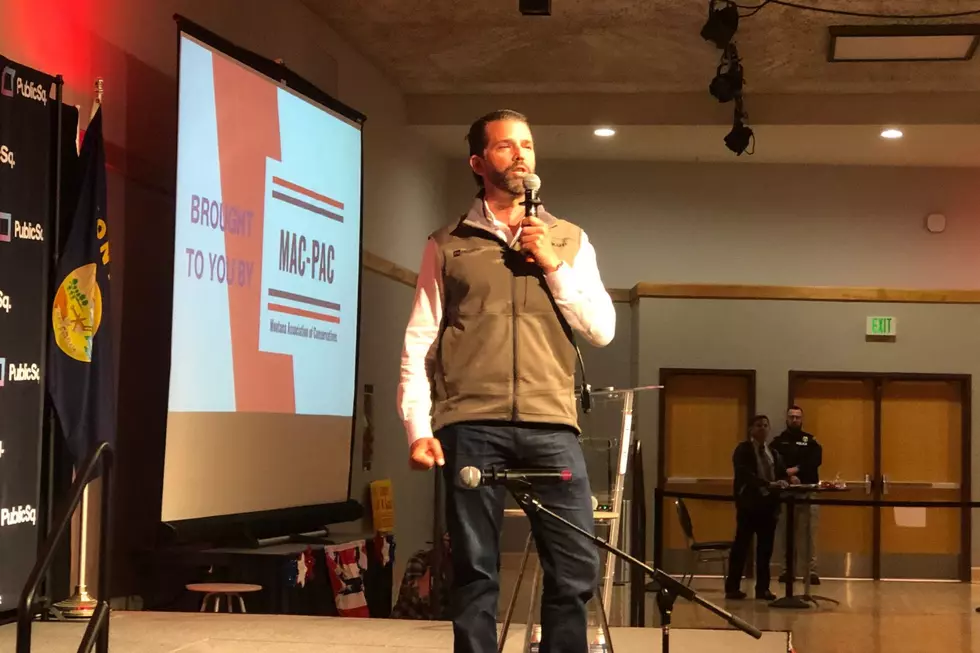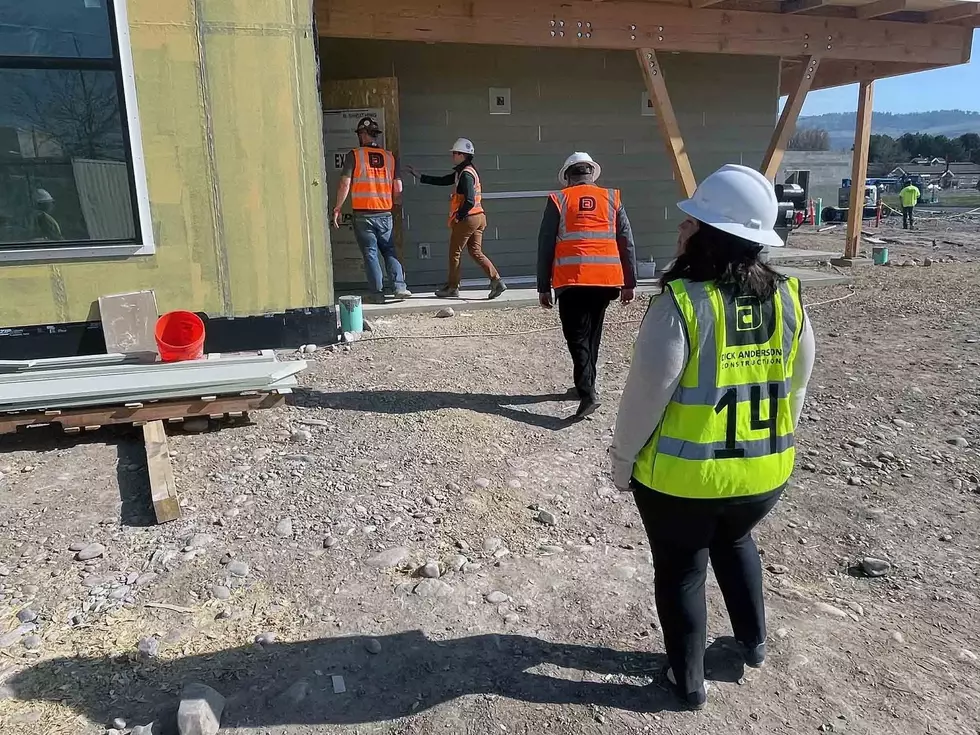
Missoula County joins call to override veto of marijuana revenue bill
Martin Kidston
(Missoula Current) Missoula County is backing the Montana Association of Counties’ call for members of the Montana Legislature to override a veto by the governor that blocks how marijuana tax revenue is distributed across the state.
The revenue, adopted in Senate Bill 244, would direct marijuana taxes to local counties for road and bridge maintenance, and fund tax breaks for veterans while supporting conservation. The bill passed the Legislature with strong bipartisan support but was vetoed at the 11th hour by Gov. Greg Gianforte.
“One of the changes MACo lobbied for was for some of that money to be redistributed back to local governments, specifically for infrastructure,” said Missoula County CAO Chris Lounsbury. “County roads and bridges in particular were the two categories identified in the bill as being eligible for funding.”
But the governor’s veto now places that money in doubt, potentially blocking revenue needed for road maintenance and a host of other programs.
A sharply worded letter from the Montana Association of Counties, issued in late March, accuses Gianforte of being naive to the benefits of infrastructure investments. The tax revenue provided by the bill would bring “new dollars to help meet longstanding infrastructure needs,” MACo said.
“The Governor’s veto letter made clear his belief that State revenues should solely fund State projects,” MACo wrote “No Governor in the history of Montana has ever taken such a State-centric position that blatantly disregards the needs of Montanans.”
Many individual counties have backed MACo’s response to the governor’s veto and the current plight of SB 244. Despite the governor’s attempt to block the Legislature from reviewing his veto action, a district court judge in February said that members of the Legislature must have a chance to override the veto.
Currently, members of the Legislature are being polled on whether or not to do so. Missoula County has joined other counties in calling for such action.
“We’re talking about veteran services, conservation and county roads,” said Missoula County Commissioner Juanita Vero. “There’s real good work that can be done on the ground but this academic, legal quarreling is a little irritating.”
Frustration over “political games”
That legal quarreling continues as members of the Legislature consider their next move. While SB 244 passed the Senate 48-1 and the House 82-17, many legislative Republicans are now backing away from a potential veto, citing the separation of powers.
The Montana Supreme Court ruled 6-0 that the district court ruling that allows for a veto was correct. But in late March, Senate President Jason Ellsworth, R-Hamilton, said in a letter to Gianforte and Secretary of State Kristi Jacobsen that the court’s order was unconstitutional.
“We are the lawmakers, not the Judicial Branch,” Ellsworth wrote on behalf of the Senate majority. “If you issue a veto override poll on SB 244, we will either not participate in it or we will vote against it, on the basis of separation of powers.”
Allowing a veto vote is “in the best interest of Montanans,” MACo said.
“If legislators decide to play politics and cite claims about ‘separation of powers’ as an excuse to sabotage SB 442, then it is clear that those legislators are more concerned with engaging in political games than they are working to represent you (the citizens),” the organization wrote.
Missoula County and other counties said it was odd for the Republican majority to vote so strongly in support of SB 244 only to shy away from a veto under pressure from the governor.
The bill was crafted by Republicans and drew strong bipartisan support. As adopted, it would give 20% of marijuana tax revenue to wildlife habitat, 12% to trails, parks and conservation, 5% toward tax breaks for veterans, and other amounts to crisis intervention and addiction recovery.
It would also dedicate 20% of the roughly $52 million in annual marijuana taxes back to counties for roads and bridges. In Missoula County, it would provide around $200,000 a year, but the funding would have a greater impact in smaller Montana counties, even if they don’t collect marijuana tax revenue.
“The court’s ruling preserved the Legislature’s constitutional right to have the final say on a veto,” Missoula County told the Missoula Current on Tuesday. “The time has now come that they fulfill their duties responsibly and participate in the poll, ensuring Montana’s best interests are upheld.”
LOOK: Most dangerous states to drive in
Gallery Credit: Katherine Gallagher
More From Newstalk KGVO 1290 AM & 98.3 FM









